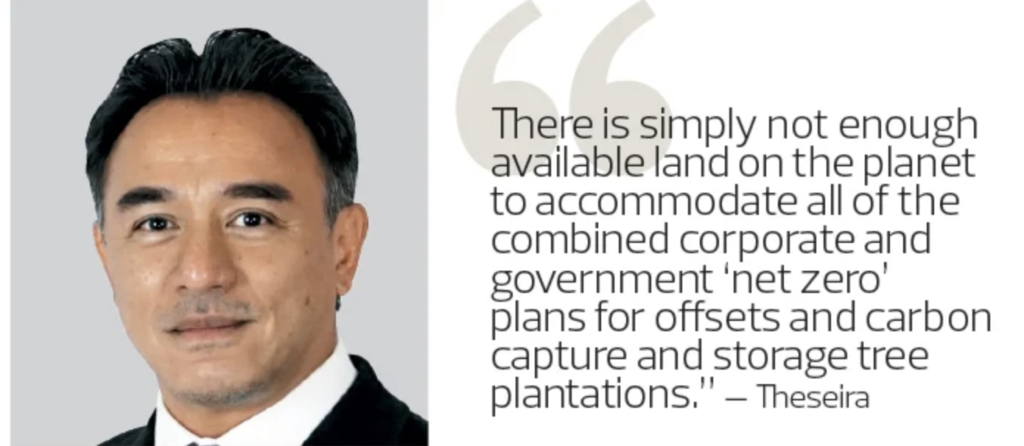
FIVE years ago, on Dec 12, all 196 nations in the world signed a treaty in Paris to curb climate change. The United Nations official behind the deal, Christiana Figueres, said afterwards that it had “ignited a huge flame of hope” after two decades of tortuous negotiations.
The signatories all committed to cut their carbon emissions in order to limit global warming to “well below” 2°C above pre-industrial times, if not 1.5°C. Today, that promise has not only failed to materialise but total emissions have climbed compared to three decades ago, according to news emerging from the United Nations Framework Convention on Climate Change (UNFCCC).
Experts meeting in late November at a dialogue of the global forum on the climate crisis revealed that the aggregate greenhouse gas emissions of developed nations, excluding economies in transition, will actually be higher in 2020 than they were in 1990.
“This sombre fact demonstrates that the world’s most advanced developed countries not only failed to reduce their emissions to zero in the 30-year period from 1990 to 2020, but collectively failed to reduce their emissions at all,” Dr Gary W Theseira, technical adviser to the Malaysian Green Technology and Climate Change Centre (MGTC), says in a note to The Edge.

Given the dire consequences of this trend, UN Secretary-General António Guterres had to leave no room for doubt on the action needed to address the situation. Speaking at the opening of the Climate Ambition summit, a virtual event to mark the fifth year since the Paris climate pact was signed, Guterres called on governments to declare a “state of climate emergency” and to fulfil their promises to slash carbon pollution as they recover from the Covid-19 pandemic, the France24 news channel reported.
“If we don’t change course, we may be headed for a catastrophic temperature rise of more than 3°C this century,” he said on Dec 12.
Theseira draws attention to the gross negligence of the richest nations and companies highlighted in a report by public interest groups in October entitled “NOT ZERO: How ‘net zero’ targets disguise climate inaction” (see illustration). When read together with the report by these climate justice groups, he says, the UNFCCC experts’ dialogue “illustrates how the most profitable and deeply entrenched emissions are enabled, supported and even justified by the lowest cost emissions reductions measures”.
Among other things, the Not Zero technical briefing points out that there is simply not enough available land on the planet to accommodate all of the combined corporate and government “net zero” plans for offsets and carbon capture and storage tree plantations, says Theseira.
To raise the profile of the climate emergency in the public eye, Climate Governance Malaysia (CGM) — an initiative that aims to bring corporate boards up to speed about their responsibilities on climate resilience and sustainability — has brought various stakeholders together to highlight the state of play as we mark the fifth anniversary of the Paris Agreement.

